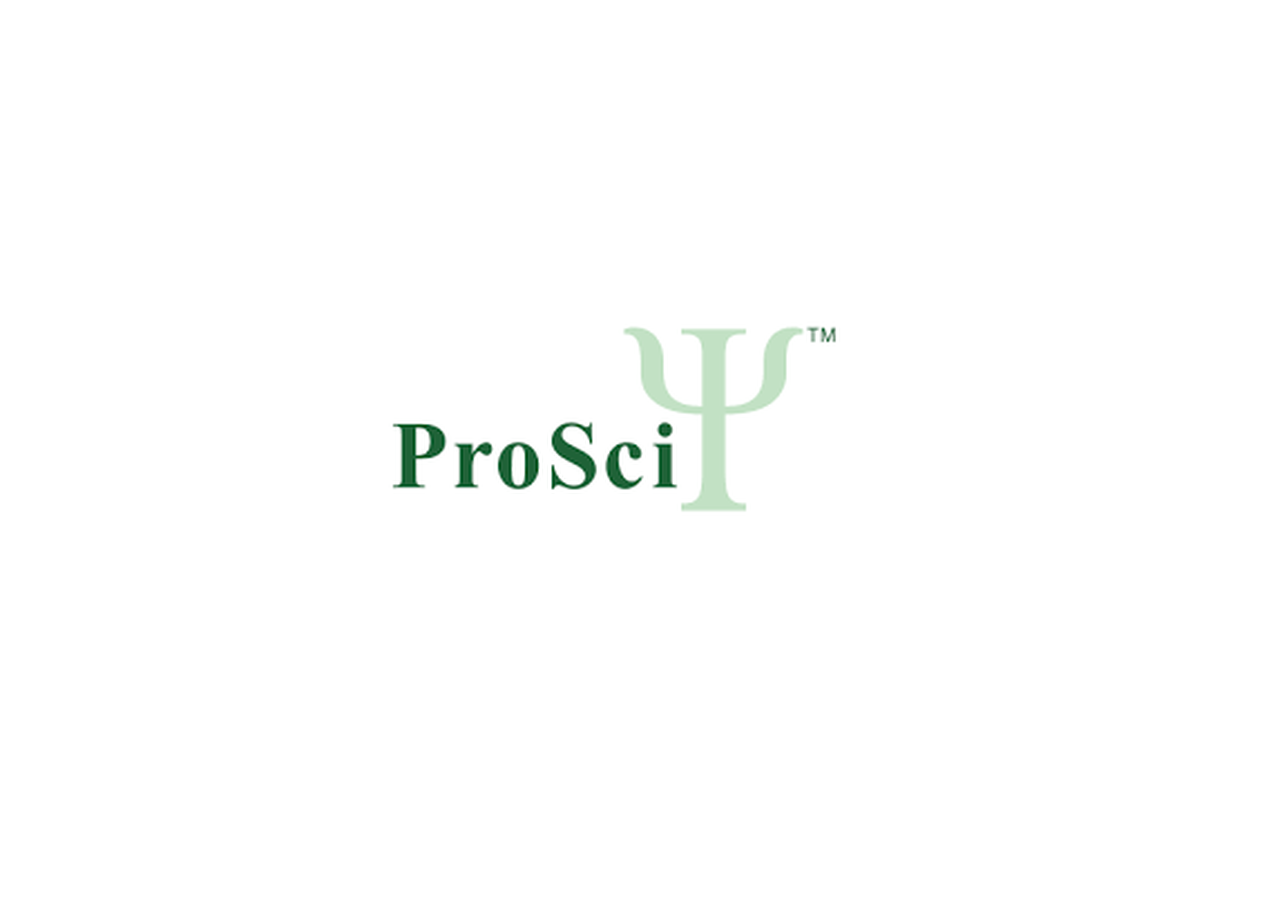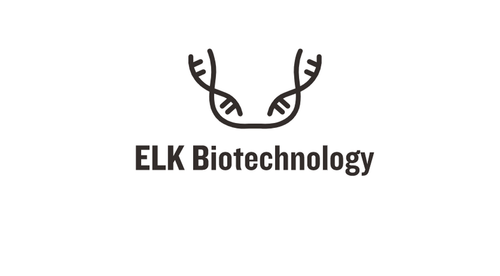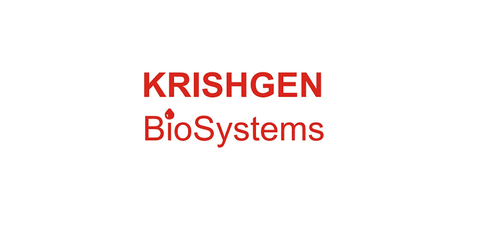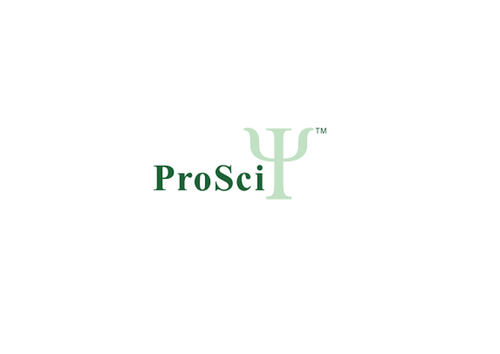Product Description
Six Transmembrane Epithelial Antigen of Prostate Detection Set | PSI-1823 | ProSci
Host: N/A
Reactivity: Human
Homology: N/A
Immunogen: Rabbit polyclonal antibodies were raised against peptides corresponding to amino acid sequences from each of the corresponding proteins.
Tested Application: WB, IHC, IF
Application: These polyclonal antibodies can be used for detection of STEAP1 - 4 by immunoblot at 1 - 2 μg/mL, and for detection of STEAP1 - 3 by immunohistochemistry at 2.5 - 5 μg/mL, and Immunoflourescence.
Specificity: N/A
Purification: Antibodies are supplied as affinity chromatography purified IgG.
Clonality: Polyclonal
Isotype: N/A
Conjugate: N/A
Physical State: Liquid
Buffer: PBS containing 0.02% sodium azide.
Concentration: Antibody 1 mg/mL
Storage Condition: Stable at 4˚C for three months, store at -20˚C for up to one year.
Background: The six-transmembrane epithelial antigen of prostate (STEAP) proteins are a family of metalloreductases identified as cell-surface antigens in prostate tissue. While STEAP2 - 4 are known to promote iron or copper reduction, the normal function of STEAP1 is still uncertain; unlike other members of the STEAP family, STEAP1 lacks the FNO-like reductase domain critical for activity. STEAP1 may be a potential target for cancer immunotherapy as its expression is highly increased in multiple cancer cell lines, including prostate, bladder, colon, and ovarian cancers and STEAP1 peptides can be used to stimulate CD8+ T cells from healthy donors, enabling them to recognize STEAP1-positive human tumor cells. STEAP2 expression in transfected cells also correlated with iron or copper uptake, suggesting that the STEAP family of proteins may function to stimulate iron and copper uptake. STEAP2 is widely expressed in many tissues in the plasma membrane, but is most highly expressed in prostate. STEAP3 is highly expressed in hematopoietic tissues and co-localizes with the transferrin endosome. Overexpression of STEAP3 stimulates iron reduction; mice lacking STEAP3 are deficient in erythroid ferrireductase activity, suggesting that STEAP3 is an endosomal ferrireductase required for transferrin-dependent iron uptake in erythroid cells. STEAP4 is highly expressed in placenta, lung, heart and prostate tissues, and overexpressed in prostate cancer cells compared to normal prostate cells. Overexpression of STEAP4 in prostate cells significantly increases cell growth and colony formation, suggesting STEAP4 may have a role in cell proliferation and prostate cancer progression. Multiple isoforms of the STEAP proteins are known to exist.
For images please see PDF data sheet
User Note: Optimal dilutions for each application to be determined by the researcher.
 Euro
Euro
 USD
USD
 British Pound
British Pound
 NULL
NULL












